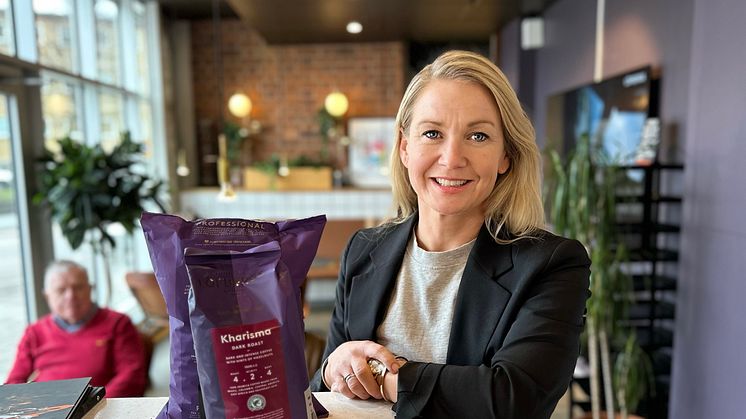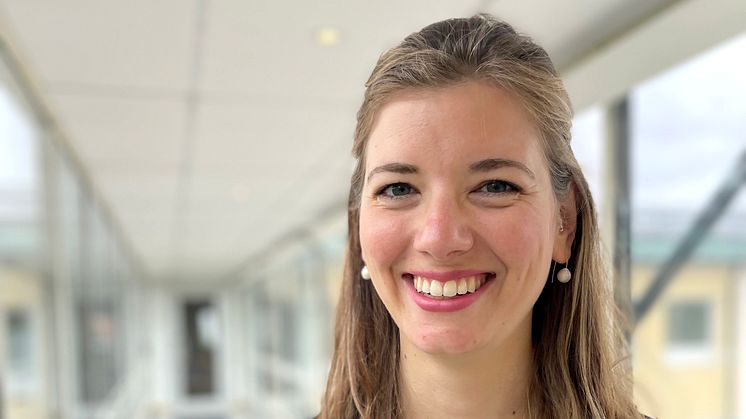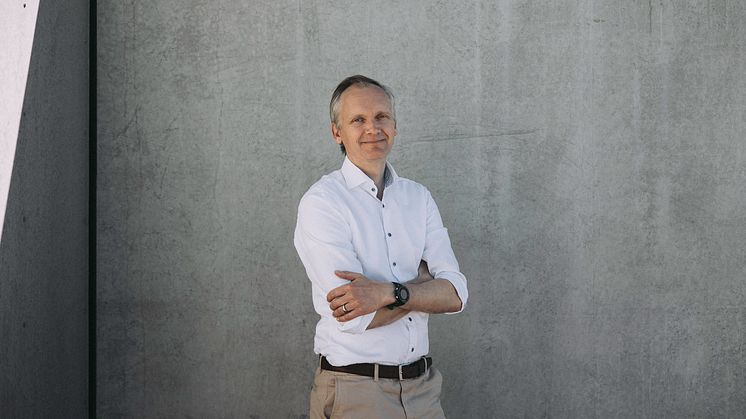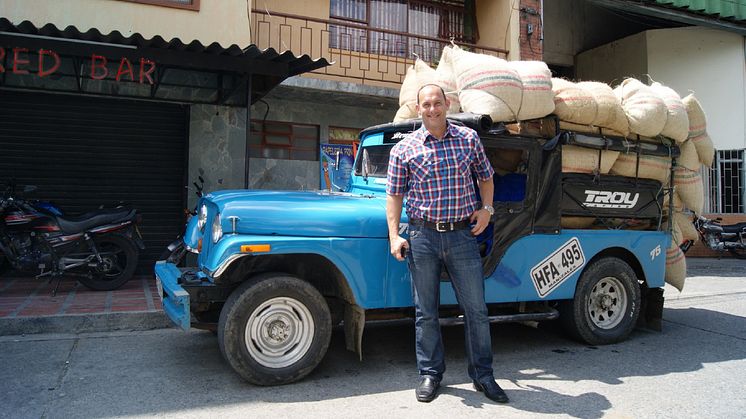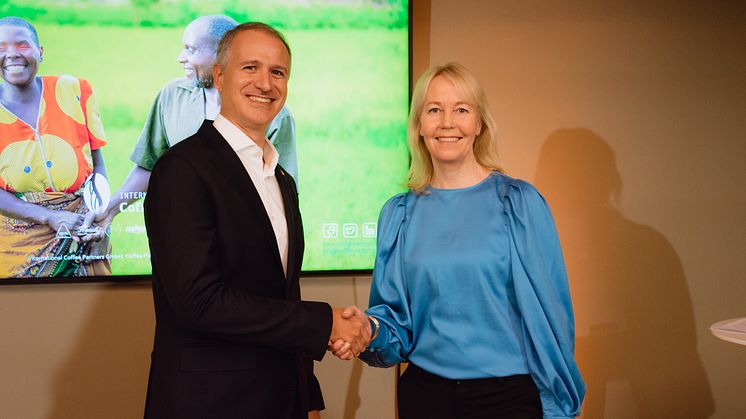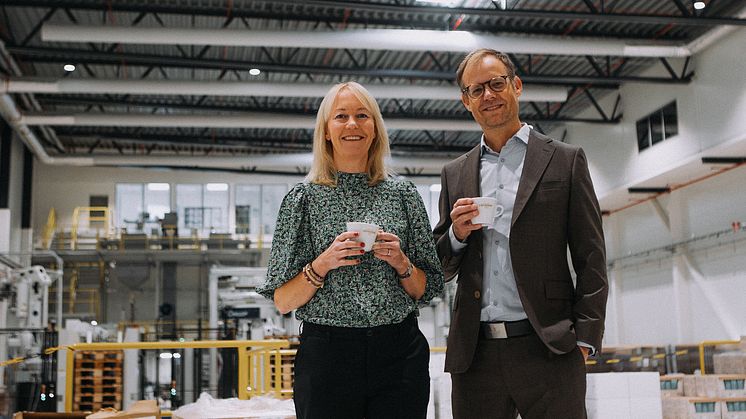
Blog post -
“We want to contribute to a world where both people and coffee can grow”
Sustainability has always been important for us at Löfbergs, ever since we started in 1906. It permeates our entire business and everything we do. We are proud of how far we have come in some areas, but there is still left to be done in others. Our aim towards continuous sustainability improvement characterises our whole culture.
It should be said at once that we operate in a time and a context with major challenges, which might be bigger than ever. The pandemic, the climate crisis and a burning war in our immediate surrounding affect people and businesses all over the world. Us too, both as individuals and as a company.
That is why we want to start off by saying thank you to all our colleagues, who contribute to our work in different ways, both big and small. Our continuous development, the reduction of our climate footprint and our increased positive impact in several areas are all thanks to you. That is important and good.
The unrest in the surrounding world leads to increasing risks, even in the sustainability area. Socially, financially and environmentally. This poses new challenges for us and others. While handling large and immediate crises, what is happening here and now, we must be able to keep our eye on the horizon and work on what is way ahead and believe that it is possible to influence the future for all of us in a positive way. It has probably never been clearer that sustainability efforts must be carried out in the short and the long term.
The climate crisis and the imbalance in the value chain of coffee are two major challenges – and they affect the coffee farmers of the world to a large extent, which eventually is a threat to our entire industry. We are working in several ways to create better conditions. A lot of the work is done in or with a focus on the producing countries since that is where the challenges are the largest.
In International Coffee Partners, we work together with European coffee companies and other actors to improve development possibilities and living conditions for small-scale coffee farmers and their families, and under the coffee&climate initiative, it is about giving farmers the knowledge and the tools to face the climate change. That we purchase almost all our coffee from sustainably certified farms is also something that affects the farmers – and the environment – in a positive way.
These are reliable methods, but it is also a matter of finding new ways to work, to find more solutions to our common challenges. Era of We and Circular Coffee Community are two great examples of that, not least as they contribute to new and sustainable business
opportunities, both for farmers and others.
You can read about this and much more in this sustainability report, where we also describe our framework for the sustainability work that circles around the concrete objectives, we have set to become a circular business without any negative effect on the planet, to contribute to a fairer financial growth for the small-scale coffee farmers of the world as well as to a society characterised by inclusion and diversity. To put it simply, we want to contribute to a world where both people and coffee can grow.
Sustainability has been important for us at Löfbergs for generations and will continue to be. For the future generations.
Kathrine Löfberg, Chair of the Board
Anders Fredriksson, CEO


